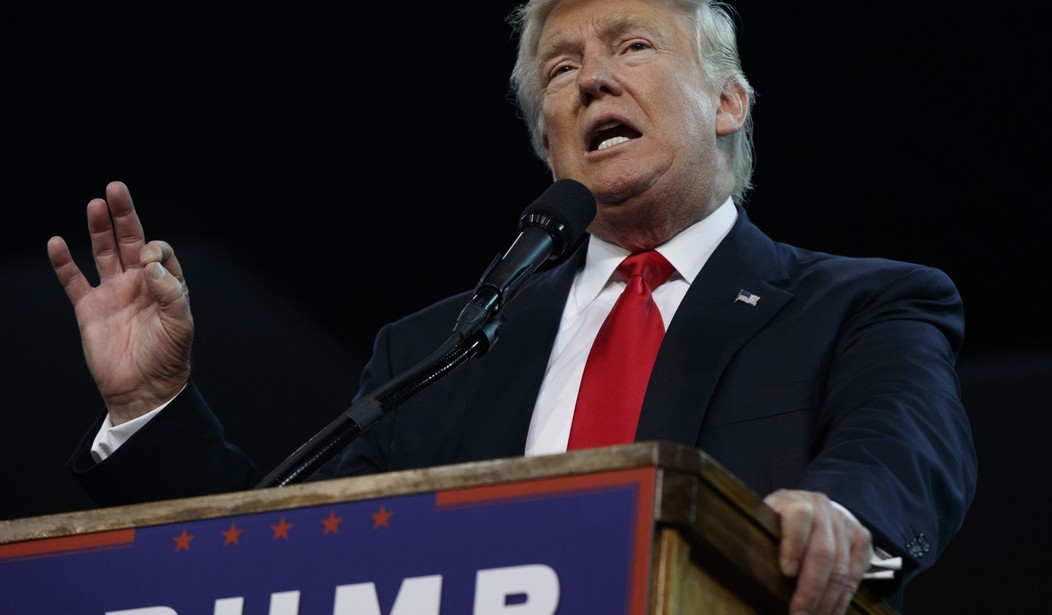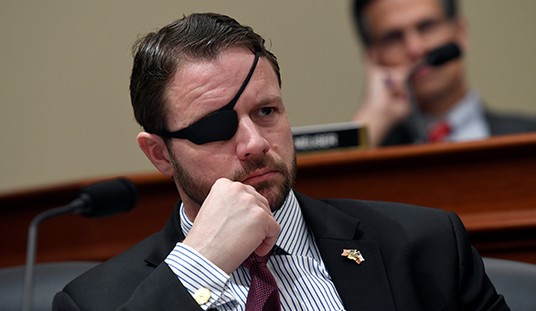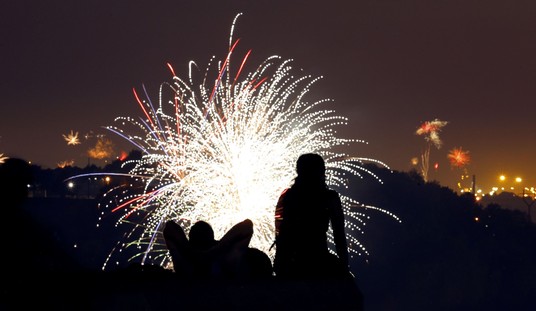In The Tyranny of Clichés, Jonah Goldberg took on established tropes about Marie Antoinette (“Let them eat cake!”), war (“Violence never solved anything.”), and moral equivalency (“One man’s terrorist is another man’s freedom fighter.”). He demolished those and many others with charm, wit, a firm set of values, and a factual reading of history. If Jonah were to publish an updated edition for 2016, there’s another cliché I wish he’d take on:
“The only poll that matters is the one on Election Day.”
What silliness.
That isn’t to say that all polls are correct, or that they are perfect indicators of voters’ intentions come election day. But, yes, polls matter — even if you wisely choose to ignore the constant data-noise of who’s up and who’s down in any particular micro-instant. The daily horserace stuff is actually polling’s least useful feature.
However…
Polls tell a candidate which issues will work best with his base. They help a campaign find the wedge issues between their opponent and his base. They indicate which ads are working, and where. They help to direct resources, both human and financial. Polls are vital when it comes to GOTV efforts, correctly identifying what will motivate supporters to, you know, get out and vote. Perhaps most important, polls tell the campaign staff what is working for their boss and what isn’t.
Polls don’t always correctly predict the winner. But winners (almost?) always use polls to help them win. Polls are like football game tapes: They won’t win the game for you, but they’re an indispensable tool for planning a winning game. And while any individual poll might be dismissed for being flawed, biased, or whathaveyou, to dismiss polling generally or even entirely is the ranting of a fool.
I’ve been seeing “the only poll that matters is the one on Election Day,” more frequently as Donald Trump’s polling woes deepen. It’s easy, natural even, to toss aside inconvenient data when it doesn’t conform to one’s worldview — which is exactly what I did in 2012, falling for that “skewed poll” nonsense.
There are the gentle delusions all humans beings indulge themselves in, and then there are outright fabrications. Certain sites peddle in the fiction that Jimmy Carter was up ten points over Ronald Reagan in October of 1980. But as a regular Instapundit reader noted yesterday:
Here are the facts: Carter started 1980 way up in the polls, and it was a steady slide from there. Reagan overtook him in late spring, and by June 1st had a reliable lead on ALL the polling of the day: Gallup, WSJ, and the networks. During the conventions (which were in July), Reagan’s lead was more than 20%.
…
In September and October, Carter became competitive — briefly, coming within 5% before the debates. But the debates (particularly the last one) killed that — Reagan soared, and Carter cratered. In the last week, even Pat Caddell was telling people if you listened, you could hear the roar of the coming landslide.
While there was only one debate and Reagan was never up by 20, the point still stands that Carter’s early lead was gone by the summer and had only partially recovered before that one debate.
It’s difficult to decide which is the surest route to disaster: Ignoring a raft of mostly reliable polls from 2016, or predicating one’s hopes and plans on imaginary polls from the autumn that Solid Gold debuted with host Dionne Warwick and featuring Larry Graham’s hit single, “One In A Million You.”
What worked in the GOP primary is proving to be a disaster in the general election, as most political pros (and their pesky polls) predicted months ago.
Yes, yes — Michael Dukakis was up by 14 in one poll following the Democratic convention in 1988, but then he effectively suspended his campaign for a three-week sabbatical. During that time, the Bush campaign (headed up by the smart and brutal Lee Atwater) hammered at Dukakis, without response, until his lead was gone. Clinton, as you’ll see below, is running a campaign much more in the Atwater style.
Over the last two weeks, the polls show that Donald Trump is behind, sometimes by double digits, in almost every battleground state from 2012. Polls have Hillary Clinton feeling confident enough to boost her campaign staff in Georgia, placing yet another obstacle on the tracks of the Trump Train — the equivalent of Bush fighting for (and winning) Michigan in ’88.
If he would listen, polls (under 40% in Colorado, Florida, North Carolina, Virginia) are practically begging Trump to pivot, but instead he told CNBC last week that “it’s either going to work or I’m going to, you know, I’m going to have a very, very nice long vacation.” Which is fine for Trump, but less fine for his supporters — and a potential longterm disaster for the GOP and for conservatism.
The Clinton campaign is bombarding voters with negative ads, and the polls indicate that her ads are working — and that, damn the expense, Trump must respond in kind. Trump raised a respectable $80 million last month and spent a hefty $63. Yet there’s a pesky question of where the money actually went:
That is a really good question. If Trump is forgoing TV ads—usually the biggest campaign expense—what is he spending all his money on? For comparison’s sake, Hillary Clinton has been on the air nationwide for months. She spent more than $13 million just on ads during the Olympics. Burnett also notes that there’s no evidence Trump is paying to reserve ad time closer to the election.
Another big expense is field offices and get-out-the-vote efforts. But Trump hasn’t been spending money on that either.
While they aren’t the only things, by now it should be indisputable that ads matter. Presence matters. GOTV matters. Analytics matters. Scheduling matters. And all of these things are directed, to greater or lesser degree, by polling.
Trump’s people seem to understand all this, even if their boss doesn’t. The recent spate of leaks, infighting, and leaks about infighting “are revealing” of a campaign in deep doo-doo. It’s all reminiscent of mid-October, 2008, when John McCain’s campaign went into Ugly Public Panic Mode.
Trump still enjoys one advantage over McCain: His meltdown has come a full two months earlier than McCain’s, which might still give Trump enough time, barely, to pivot to the general election.
So what’s it going to be? Use the polls as a navigational aid and change course? Or sail straight on into an iceberg named Clinton?










Join the conversation as a VIP Member